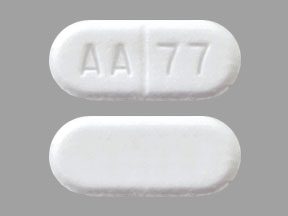
Ethacrynic Acid Coupons & Savings Card – Discount Prices from $31.58
Generic for: Edecrin
My prescription
Edit
25MG, Ethacrynic Acid (30 Tablets)
Select pharmacy

CVS
$31.58
COUPON PRICE
Walgreens
$36.48
COUPON PRICE
Walmart
$50.93
COUPON PRICE
Albertsons
$105.29
COUPON PRICEEthacrynic Acid savings card
Show this card to your pharmacist
CVS
$31.58
BIN
ID
PCN
GRP
019876
LHC43125AA
CHIPPO
LHX
Powered by
More prescriptions for heart failure
More prescriptions for heart failure
Price history for Edecrin (brand) & Ethacrynic Acid (generic)
30 Tablets, 25MG
Average retail price for Edecrin
Average retail price for Ethacrynic Acid
Average SaveHealth price for Ethacrynic Acid
Our price history data is based on aggregated prescription data collected from participating pharmacies in America. Our prescription data updates daily to reflect the latest price changes. If you notice a missing data point, it means there wasn't sufficient data available to generate a monetary value for that date.
We analyzed Ethacrynic Acid prices for (25MG, 30 Tablets) over the last 12 months. The average retail price was $247.76, while the average price using the SaveHealth discount card was $235.37. That's a savings of approximately 5.00% when using our Ethacrynic Acid coupon.
Compared to the generic version, Edecrin had an average price of $2919.30 over the same time period. With the SaveHealth savings card, Ethacrynic Acid is 91.94% cheaper on average than Edecrin.
*Retail prices are based on pharmacy claims data, and may not be accurate when we don't have enough claims.
Ethacrynic Acid dosage forms
Dosage Quantity Price from Per unit 25MG 30 Tablets $31.58 $1.05 25MG 60 Tablets $44.87 $0.75 25MG 90 Tablets $66.15 $0.73 25MG 100 Tablets $70.58 $0.71
| Dosage | Quantity | Price from | Per unit |
|---|---|---|---|
| 25MG | 30 Tablets | $31.58 | $1.05 |
| 25MG | 60 Tablets | $44.87 | $0.75 |
| 25MG | 90 Tablets | $66.15 | $0.73 |
| 25MG | 100 Tablets | $70.58 | $0.71 |
